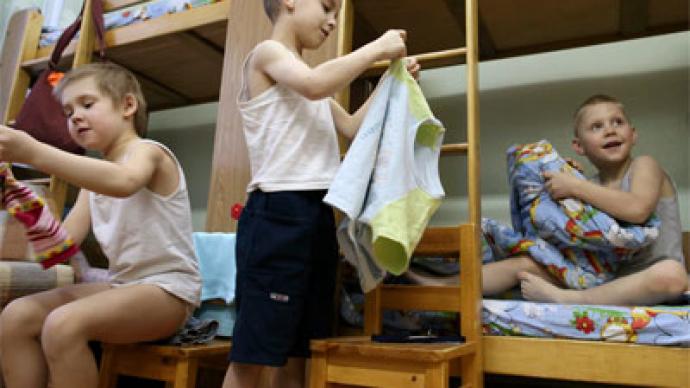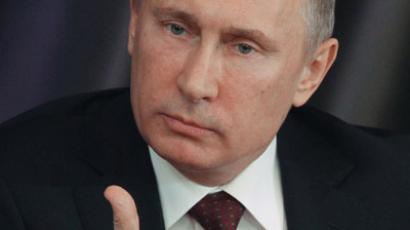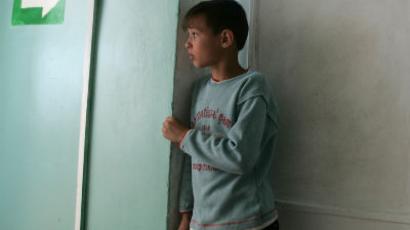Russian Upper House unanimously passes ban on US adoptions as part of Dima Yakovlev bill

Russia’s Federation Council has approved the controversial bill that bans US citizens from adopting Russian orphans amid protests from officials, media and public.
All senators unanimously voted in support of the bill. The bill, dubbed the Dima Yakovlev Law also imposes a visa ban and asset freeze on US officials who violate the rights of Russian citizens abroad, and bans the US sponsorship of NGOs that operate in Russia as well as the work of US citizens in Russian NGOs. As the bill was passing through the Lower House it was also amended with a provision that it can be applied to any nation that violates the rights of Russians, not just the USA.Russia prepared the Dima Yakovlev bill as a retaliation to the US Magnitsky Act – the entry ban and asset freeze on a broad group of Russian law enforcers, taxmen and other officials allegedly involved in the death of Sergey Magnitsky – a lawyer and accountant who worked for a British investment fund and died in custody while under investigation for tax fraud.But it was the adoptions ban that has caused most protest and controversy. Critics claim the ban is targeting innocent people and that it will harm Russian orphans by depriving them of a chance to find new families. Advocates of the ban replied that it was targeting not the would be adoptive parents and children, but the US legal system that had been treating cases of cruel treatment and even manslaughter of Russian children in US families with inadmissible leniency. One of Russian newspapers quickly collected over 100,000 signatures in support of the reversal of the bill and submitted the petition to the State Duma. The recent changes in the law provide that any move with such support should be considered by the parliament as a legislative initiative.At the same time, 56 percent of Russians support the ban on US adoptions with only 21 percent standing against it and 23 percent having no opinion on the matter. The data comes from a poll conducted by the Public Opinion Foundation over the past weekend in 100 towns and cities in 46 Russian regions.Several dozen people protested near the Federation Council HQ on the day the bill was considered. The pickets resulted in several arrests, but no one was officially charged. Unlike previous protests, that were dominated by the anti-ban activists, the Wednesday event saw several pro-ban picketers, supposedly from the youth movements affiliated with the United Russia party.
Russian Foreign Minister, Science and Education Minister and Minister for Social Policy have also publicly criticized the bill and called upon President Vladimir Putin not to sign it. Their comments prompted Putin’s press secretary Dmitry Peskov to admit the government is not united in its attitude towards the bill and promised that all opinions will be taken into consideration. Putin, however, has pledged to fully support the ban calling the US attitude to Russian claims a ‘humiliation’ and calling for a state program that would boost domestic adoptions. The Prime Minister and leader of parliamentary majority Dmitry Medvedev has also supported the ban and said that internal adoptions should be made a priority. In the first move to implement this plan, the Lower House workgroup on improving the life on orphans suggested revenues from the luxury tax due to be imposed in the first half of 2013 could be used for this purpose.














